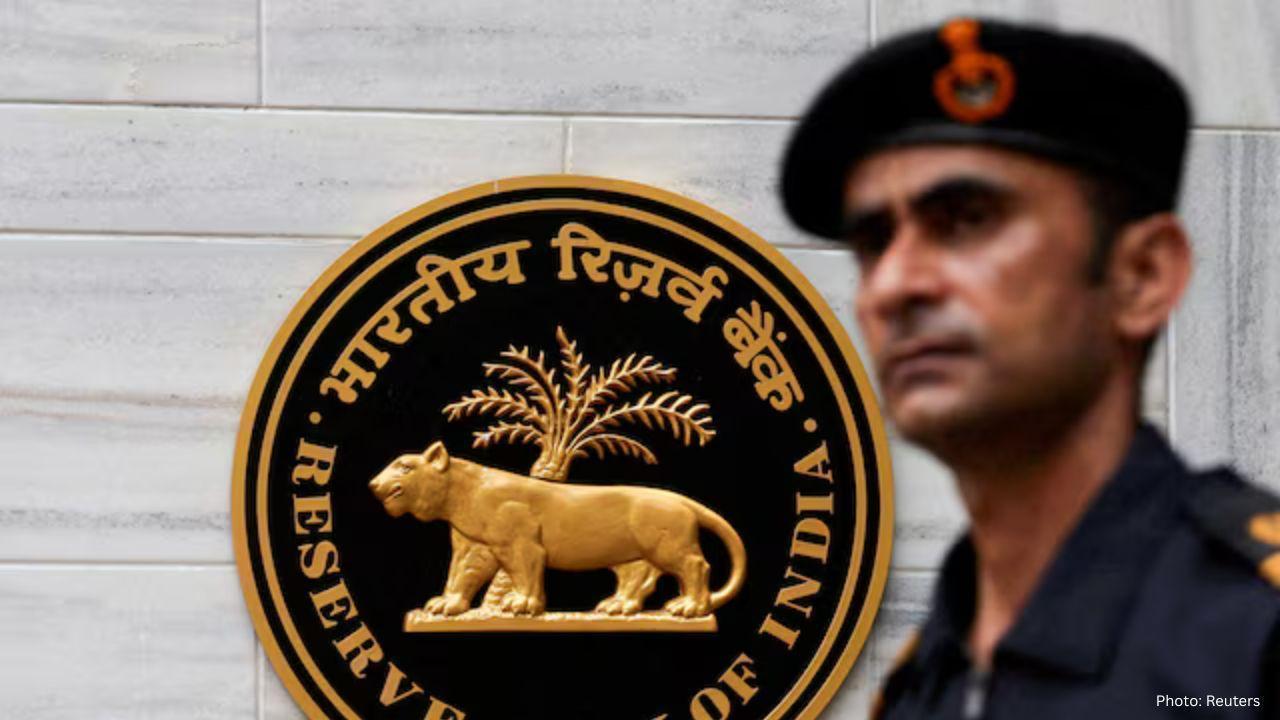You have not yet added any article to your bookmarks!

Join 10k+ people to get notified about new posts, news and tips.
Do not worry we don't spam!

Post by : Anis Farhan
The way people work has undergone a revolution in the last few years, with remote work emerging as one of the most defining transformations. What was once seen as a stopgap arrangement during global lockdowns is now becoming a long-term reality. For young people between the ages of 15 and 30, this shift holds both immense promise and unique challenges. Remote work does not simply change the location of employment—it reshapes career choices, required skills, employer expectations, and even lifestyle. As companies worldwide reconsider office-based models, the next decade may see the rise of a workforce untethered by geography, but shaped by adaptability and digital fluency. The question now is not whether remote work will stay, but how it will redefine career opportunities for the youth stepping into this evolving landscape.
Remote work as a concept existed long before the pandemic, especially in fields like technology, freelance writing, and design. However, its widespread adoption gained momentum when lockdowns forced companies to adapt quickly. Organizations discovered that employees could remain productive outside traditional office settings, often with reduced overhead costs. This realization has driven many companies to embrace hybrid or fully remote models. For youth, entering the workforce in this era means adapting to a structure where physical presence is less important than digital competence and self-management.
Remote work is not merely about doing the same jobs from home—it is creating new kinds of careers altogether. The boom in digital platforms has fueled opportunities in online tutoring, e-commerce, app development, content creation, and remote consulting. Industries such as IT, digital marketing, healthcare, customer support, and project management are increasingly recruiting remote professionals. Young entrepreneurs are also leveraging remote models to launch global startups without large investments in office infrastructure. This flexibility allows youth to explore multiple career paths simultaneously, blending full-time jobs with freelance or side projects.
The shift to remote work has amplified the importance of certain skills. Digital literacy, adaptability, and problem-solving have become non-negotiable. Proficiency in collaborative tools like Slack, Zoom, or Trello is as essential as technical expertise. Soft skills, too, have gained prominence—communication, time management, and self-discipline are vital in environments without direct supervision. For youth, investing in skills such as coding, data analysis, content creation, or digital marketing can significantly expand opportunities. Employers now value those who can seamlessly adapt to remote workflows while demonstrating initiative and independence.
Remote work has broken geographical barriers. A young graduate in India can now work for a startup in New York or a company in Singapore without relocating. This global pool creates unprecedented access to opportunities, but it also intensifies competition. Employers can choose from a worldwide talent base, making it crucial for youth to distinguish themselves with specialized expertise and personal branding. Networking in online communities, showcasing skills through digital portfolios, and building an authentic online presence can give young professionals a competitive edge.
Despite its benefits, remote work brings significant challenges for young workers. Isolation and lack of social interaction can affect mental health and hinder professional networking. The blurring line between work and personal life often leads to burnout, especially for those still learning to manage workloads effectively. Technical barriers, such as unstable internet access or limited digital infrastructure, remain issues in many regions. Moreover, not all employers have perfected remote management, leading to communication gaps and unclear expectations. For youth just starting their careers, missing out on in-person mentorship and office learning can slow professional growth.
While remote work has its advantages, many companies are opting for hybrid models that balance flexibility with physical collaboration. For youth, this means careers may involve both online and in-office experiences. Hybrid work allows for face-to-face networking and team building while retaining the flexibility of remote arrangements. Young professionals must prepare to navigate this blended future, where adaptability is key. Flexibility, rather than rigidity, will define career success in the coming decade.
Remote work has also changed lifestyle choices. Young people are rethinking where they live, choosing affordability and quality of life over proximity to offices. Many are moving away from expensive cities to smaller towns or even exploring the digital nomad lifestyle. Work culture, too, is shifting toward valuing output over hours, trust over supervision, and wellness over overwork. This redefinition aligns with the values of many young people, who prioritize balance, personal growth, and meaningful work over rigid routines.
Remote work is particularly empowering for young entrepreneurs. The ability to operate businesses digitally reduces startup costs significantly. Online tools and platforms enable them to collaborate with global teams, reach international clients, and scale operations without physical offices. Youth-led startups in fields such as fintech, e-learning, and health tech are thriving in remote-first environments. The democratization of entrepreneurship means that creative ideas, rather than physical presence or heavy investments, are the driving force of success.
Education systems are also adapting to prepare students for remote careers. Universities and schools increasingly offer courses on digital collaboration, project-based learning, and virtual internships. Youth are encouraged to build portfolios showcasing practical experience, even if gained remotely. Internships with global firms, once inaccessible, are now a reality through digital platforms. This shift ensures that the workforce of tomorrow is better aligned with the realities of remote employment.
Skeptics argue that remote work may fade as offices reopen fully. However, evidence suggests that remote work, in some form, is here to stay. Cost savings for companies, flexibility for employees, and technological advancements all point toward its permanence. What may evolve is the balance between remote and in-person collaboration. Youth entering the workforce today must prepare not just for remote jobs, but for careers where adaptability across multiple formats will be vital.
Remote work is more than just a workplace trend—it is a profound shift in how careers are built and sustained. For young people, this transition opens opportunities to work globally, pursue multiple passions, and redefine success on their own terms. At the same time, it demands resilience, self-discipline, and continuous upskilling. The next decade will not be about whether remote work remains but about how youth can maximize its potential to shape fulfilling, sustainable, and impactful careers. By embracing flexibility and lifelong learning, young professionals can turn remote work from a challenge into a defining advantage for the future.
This article is intended for informational and educational purposes only. It does not provide professional career or financial advice. Readers should evaluate their personal circumstances and seek professional guidance before making career decisions.










Ranveer Singh’s Dhurandhar Hits ₹1000 Cr Despite Gulf Ban Loss
Dhurandhar crosses ₹1000 crore globally but loses $10M as Gulf nations ban the film. Fans in holiday

China Claims India-Pakistan Peace Role Amid India’s Firm Denial
China claims to have mediated peace between India and Pakistan, but India rejects third-party involv

Mel Gibson and Rosalind Ross Split After Nearly a Decade Together
Mel Gibson and Rosalind Ross confirm split after nearly a year. They will continue co-parenting thei

Rashmika Mandanna, Vijay Deverakonda Set to Marry on Feb 26
Rashmika Mandanna and Vijay Deverakonda are reportedly set to marry on February 26, 2026, in a priva

FIFA Stands by 2026 World Cup Ticket Prices Despite Fan Criticism
FIFA defends the high ticket prices for the 2026 World Cup, introducing a $60 tier to make matches m

Trump Claims He Ended India-Pakistan War, Faces Strong Denial
Donald Trump says he brokered the ceasefire between India and Pakistan and resolved eight wars, but